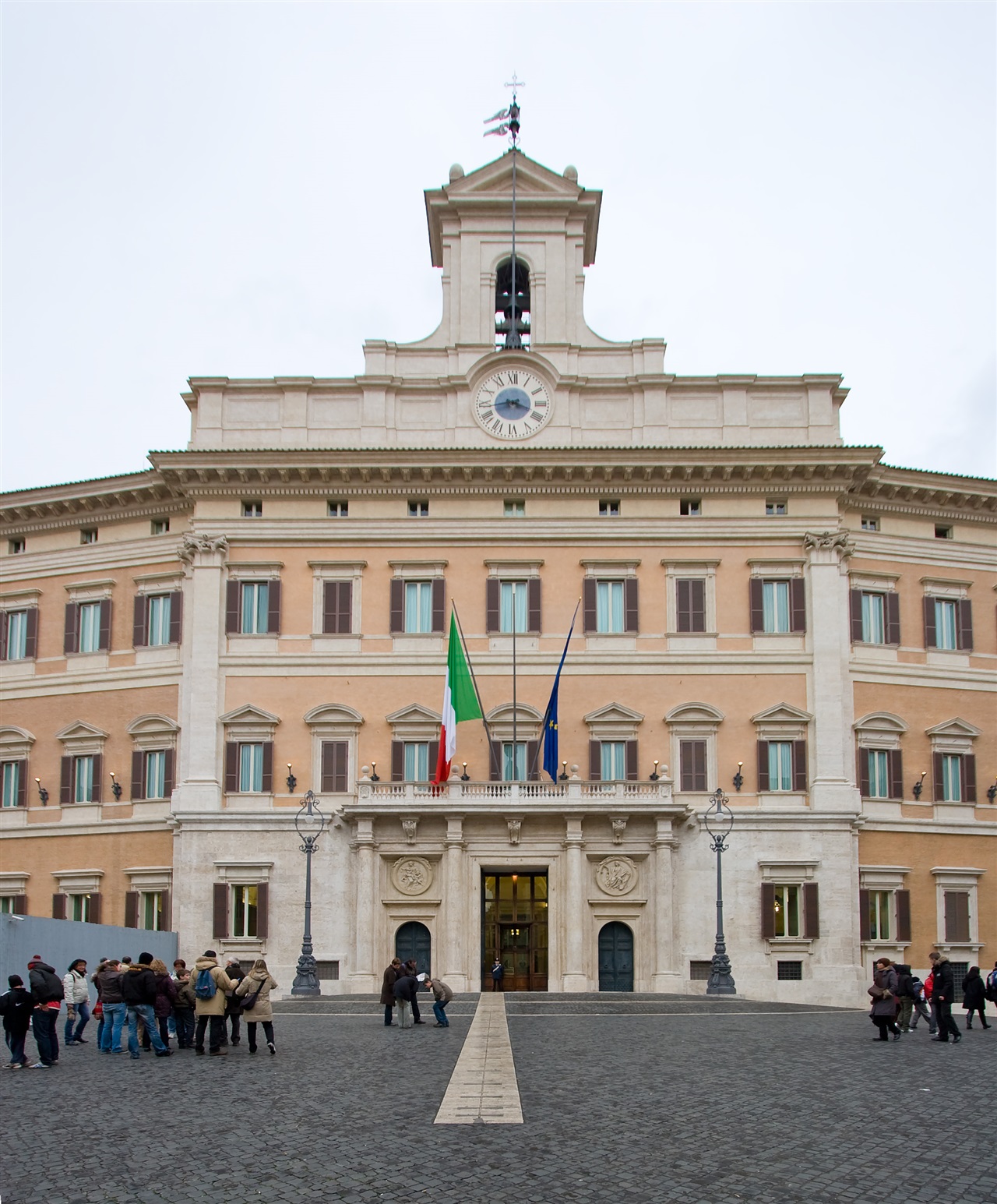
Rome - Croatia is one of the European Union members in which the consequences of the economic crisis are still strongly felt, despite its measures to encourage the economy and reform the social system, Croatian Parliament Speaker Josip Leko said in Rome on Thursday.
Despite its efforts to improve the conditions for investment in the economy, reform the social system, restructure overindebted companies through pre-bankruptcy settlement proceedings and privatise state-owned companies, Croatia has so far failed to significantly increase its competitiveness and increase exports to accelerate growth, Leko said at a conference on the recession in the EU and preservation of fundamental human rights. He recalled that Croatia was in a group of countries with macroeconomic imbalances and that it was in the process of revising its budget to be able to respond to the European Commission's recommendations. The government is trying to find a measure in its moves aimed at reducing state consumption and the budget deficit and is working on other necessary cuts so that the measures to be taken will affect the living standards of citizens as little as possible, Leko said. Among problems faced by Croatia, Leko cited a high rate of youth unemployment. Croatia has negative demographic trends, and youth unemployment is having a direct effect on the declining birth rate. As a result, many young people will seek jobs abroad and most probably start a family elsewhere, he said. Leko stressed the need for the exchange of best practices in implementing and developing youth employment guidelines in the EU countries, as well as the importance of better harmonising the needs of the labour market and young people's skills. He said that it was important to fully implement the Europe 2020 strategy and accelerate the application of mechanisms such as the Youth Guarantee scheme.
The conference was co-organised by the Parliament of current EU president Greece and the House of Representatives of Italy as the next EU president.
The Speaker of the House of Representatives of the Italian Parliament, Laura Boldrini, said in her introductory remarks that Europe needed a new vision for long-term and sustainable growth. Europe must be able to guarantee the stability of the financial and banking system and revitalise not just the economy but fundamental rights as well, Boldrini said, stressing the need to protect and strengthen workers' rights. We must revive the democratic future of Europe, she said and warned that Europe was again facing winds of war near its borders, alluding to the Ukraine crisis. Ukraine's territorial integrity must be respected and its path to Europe must not be obstructed, Boldrini said and added that the EU must support the ongoing democratic transition processes. While there is growing Euro-scepticism in Europe, thousands of young Ukrainians who are ready to sacrifice themselves for European values are the cure to our disillusionment, Boldrini said.
On Friday, the second day of the conference, the focus will be on ensuring respect for fundamental human rights in the EU member states.